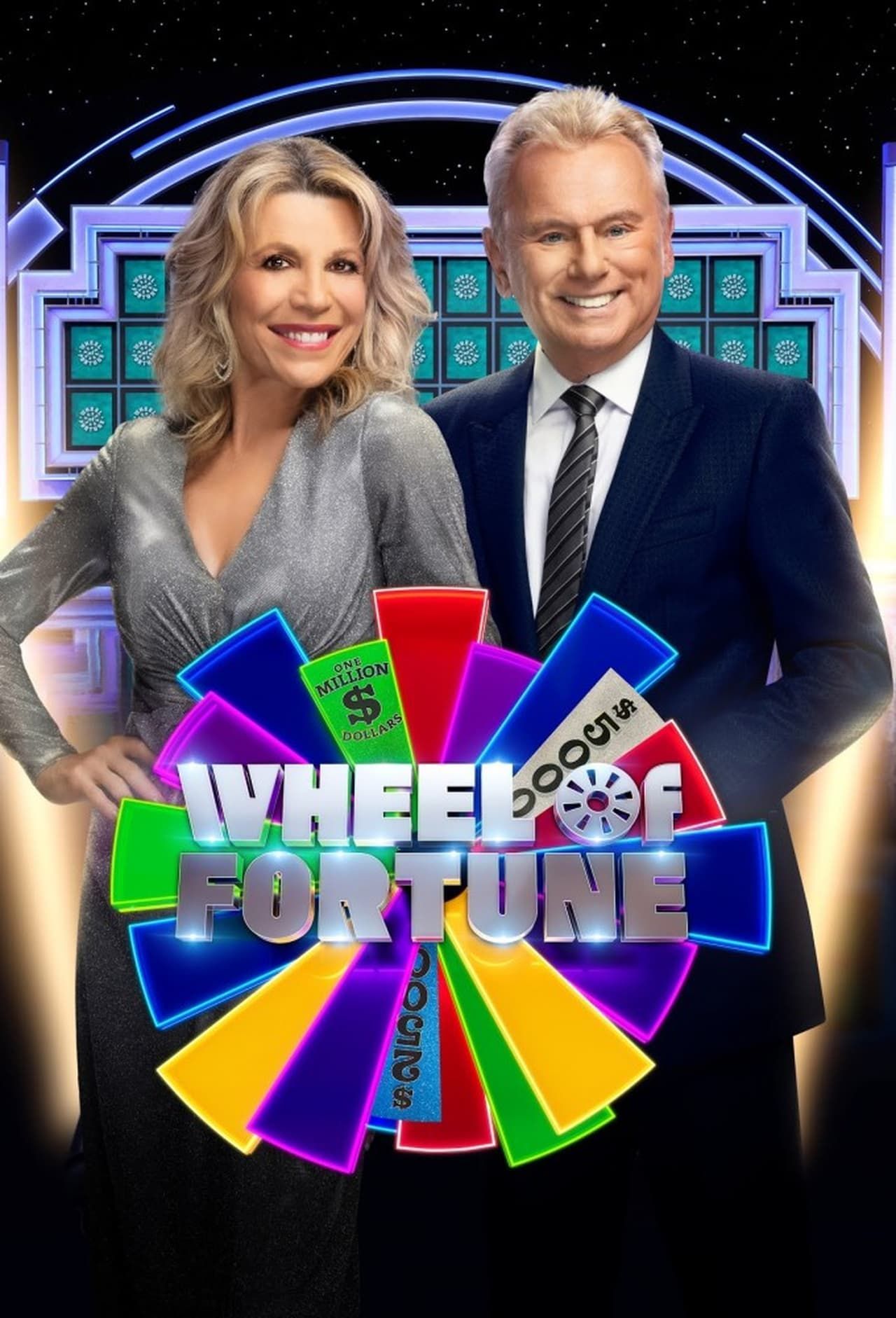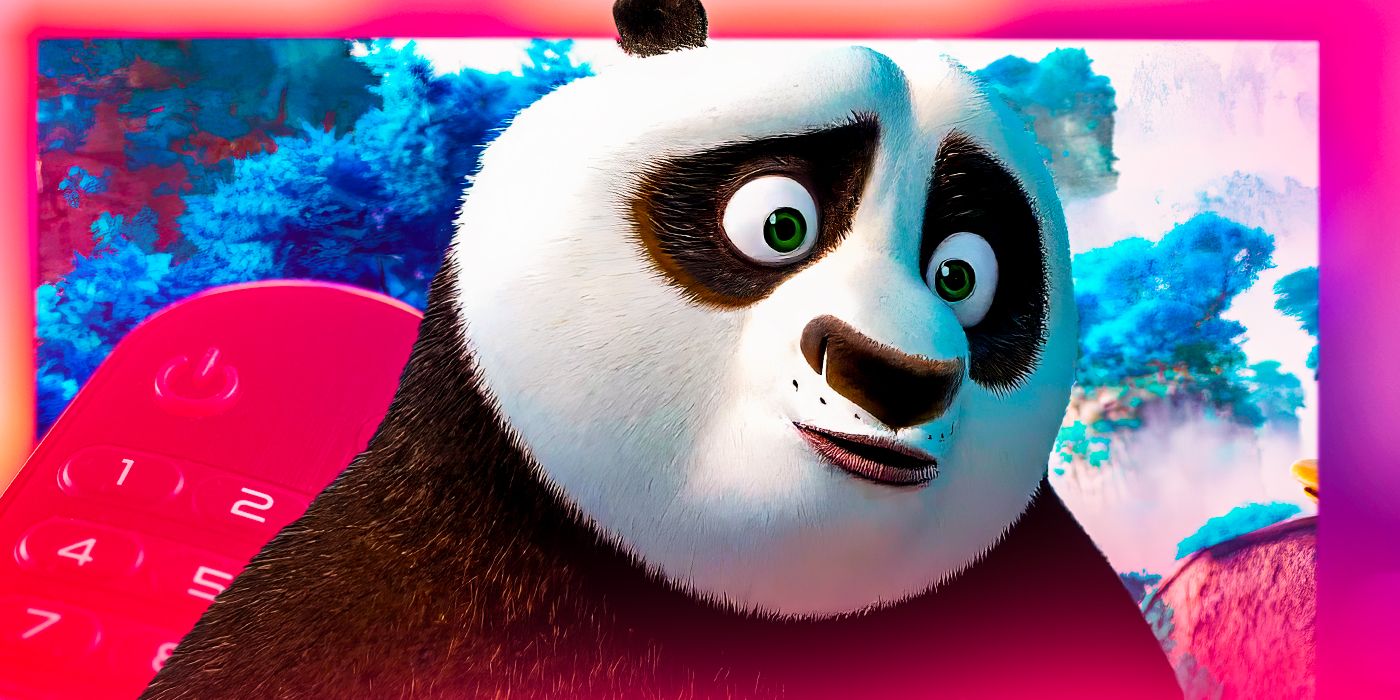The Wild Card, a unique gameplay element introduced to Wheel of Fortune on October 23, 2006, has sparked ongoing debate among fans and contestants alike. This card offers strategic advantages but also comes with its challenges, leaving many to wonder whether it's a boon or a gamble in the high-stakes game of words. Initially placed on the green $700 wedge, the Wild Card underwent several changes over the years, moving to different dollar values and eventually settling on the green $500 wedge in Season 30. When picked up, the card adds $500 per consonant called, providing a significant advantage during regular rounds. Alternatively, contestants can carry the Wild Card into the Bonus Round, where it grants them a fourth consonant to call.
The use of the Wild Card in the Bonus Round has sparked considerable debate among fans, especially regarding why contestants are only allowed to select an additional consonant and not a vowel. While the rules of the show remain silent on this limitation, it has fueled online chatter about whether allowing a second vowel might increase contestants’ chances of solving the puzzle. After all, contestants are already provided three consonants and one vowel for free, and the strategic value of a second vowel could outweigh that of an extra consonant in certain puzzles. This speculation aligns with observations from audience members who note the show’s emphasis on visible letter placements to enhance entertainment value. However, it’s possible that prohibiting the selection of a second vowel stems from a combination of game design and strategic pacing, ensuring the puzzles remain challenging while maintaining the show’s dynamic flow. Viewer discussions continue to explore how this rule shapes gameplay, with many advocating for more flexibility in Wild Card usage to maximize a contestant’s solving potential.
Despite its benefits, the Wild Card has not always been smooth sailing. The early seasons saw confusion around its rules. For instance, during Teen Best Friends Week in 2007, contestants inadvertently retained the card into the Bonus Round after hitting "Bankrupt," exposing gaps in the enforcement of its rules. Such moments have added to the Wild Card's mystique—and controversy.
One of the most debated aspects of the Wild Card is its effectiveness in the Bonus Round. Season 42 highlighted this when Joey Sweet, a contestant, used the Wild Card to select the letter "F." Unfortunately, the letter did not appear on the puzzle board, leaving Sweet to walk away with $16,150 instead of a potential $40,000. This incident underscores the gamble of relying on an extra consonant in the Bonus Round. Conversely, there have been instances where the Wild Card proved pivotal. During Pat Sajak's tenure, a contestant in 2021 chose the letter "P," which appeared twice, enabling her to solve the puzzle within the 10-second timer. Such moments validate the Wild Card's potential when luck and strategy align.
The debate surrounding the Wild Card’s usage in the bonus round has sparked online chatter among Wheel of Fortune fans. Many viewers wonder why contestants can’t choose a second vowel instead of an extra consonant, especially since the default selection already grants three consonants and one vowel. This strategy could potentially provide greater clarity in solving the puzzle. However, it seems there is an unwritten rule preventing players from using the Wild Card for an additional vowel. A former audience member on Quora shared insights into the show’s mechanics, noting that producers encourage buying vowels because it creates a visually engaging puzzle board, which aligns with the show’s entertainment value. Another fan added that vowels can provide critical puzzle-solving advantages by clarifying word patterns or placements. These discussions highlight a shared curiosity about whether allowing a second vowel in the bonus round would lead to better gameplay—or if it would diminish the challenge of the final puzzle.
The Wild Card’s Flexibility Has Led to Varied Strategies
The Wild Card's flexibility has led to varied strategies over its lifespan. Some contestants use it immediately after calling a consonant, while others hold onto it for the Bonus Round. However, its impact is often mixed, and even the most seasoned players must weigh the risk of holding it too long against its potential reward. The card's inconsistency in enforcement also adds to its contentious nature. In earlier seasons, Pat Sajak occasionally allowed its use after buying a vowel, while in other instances, this was disallowed. These inconsistencies, combined with its susceptibility to the "Bankrupt" wedge, make the Wild Card a double-edged sword.
Now in the Ryan Seacrest era, the Wild Card remains a defining feature of the game. It continues to challenge contestants to think strategically while adding an element of unpredictability that keeps viewers engaged. Season 42 has already demonstrated the Wild Card's highs and lows, cementing its place as a divisive yet integral part of Wheel of Fortune. Should contestants use the Wild Card for an extra consonant, hoping for a breakthrough? Or is it better employed during regular gameplay to maximize earnings? The debate rages on, fueled by moments of both victory and disappointment.
Ultimately, the Wild Card exemplifies the delicate balance of luck and strategy that defines Wheel of Fortune. Whether it results in a game-changing win or a heartbreaking loss, it ensures that every spin of the wheel is as unpredictable as the game itself. New episodes of Wheel of Fortune Season 42 air nightly on ABC. You can also stream the show on YouTube TV in the U.S.

Release Date September 19, 1983
Cast Pat Sajak , Vanna White , Bob Goen , Chuck Woolery , Charlie O'Donnell , Don Pardo
Main Genre Game Show
Seasons 41
Creator(s) Merv Griffin










 English (US) ·
English (US) ·